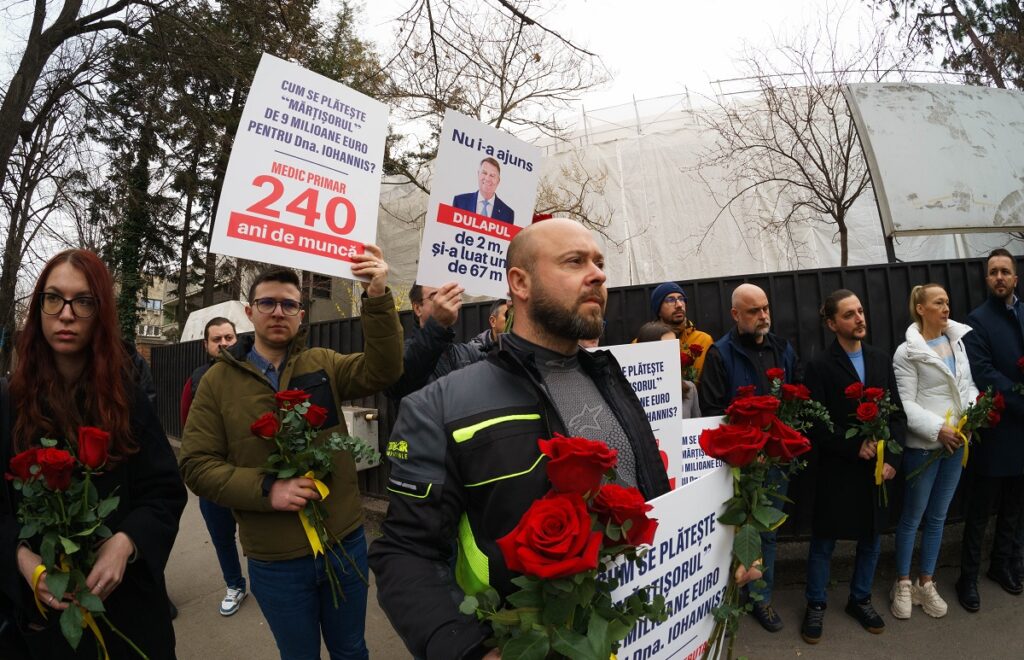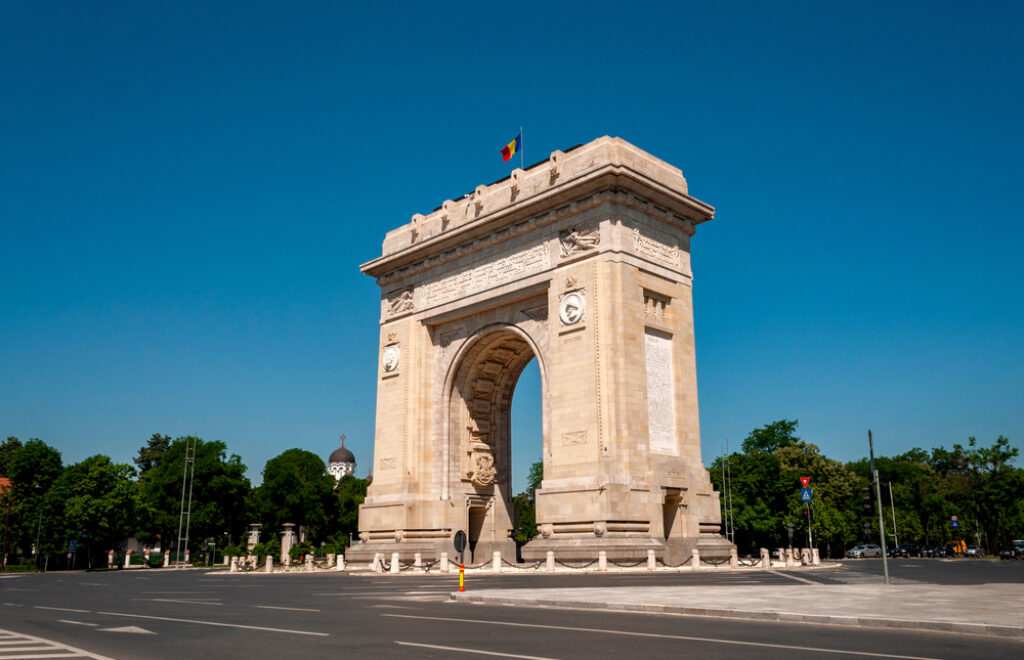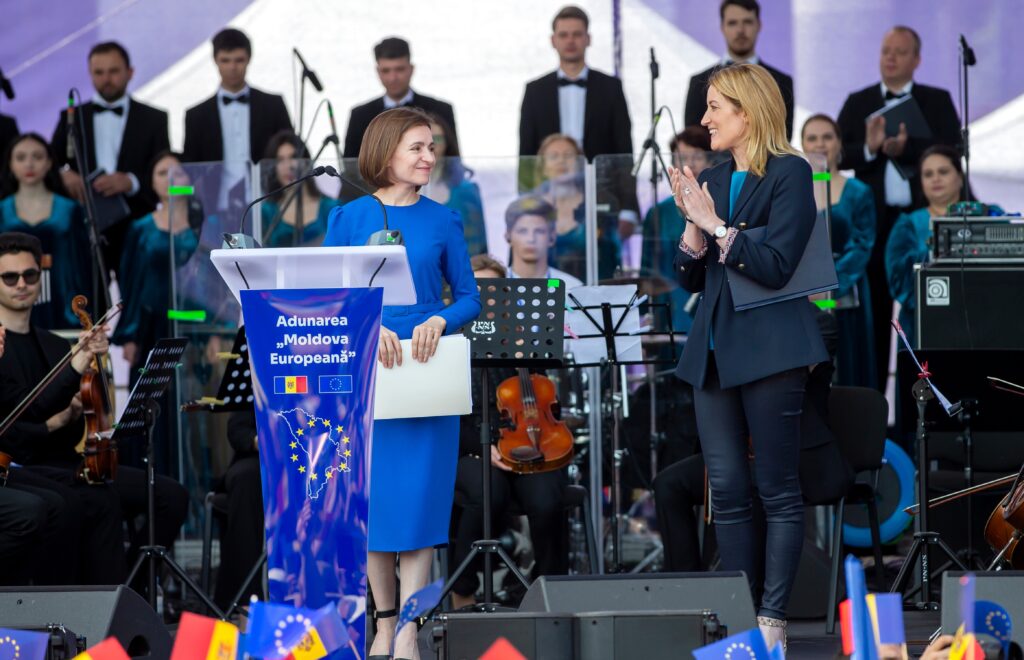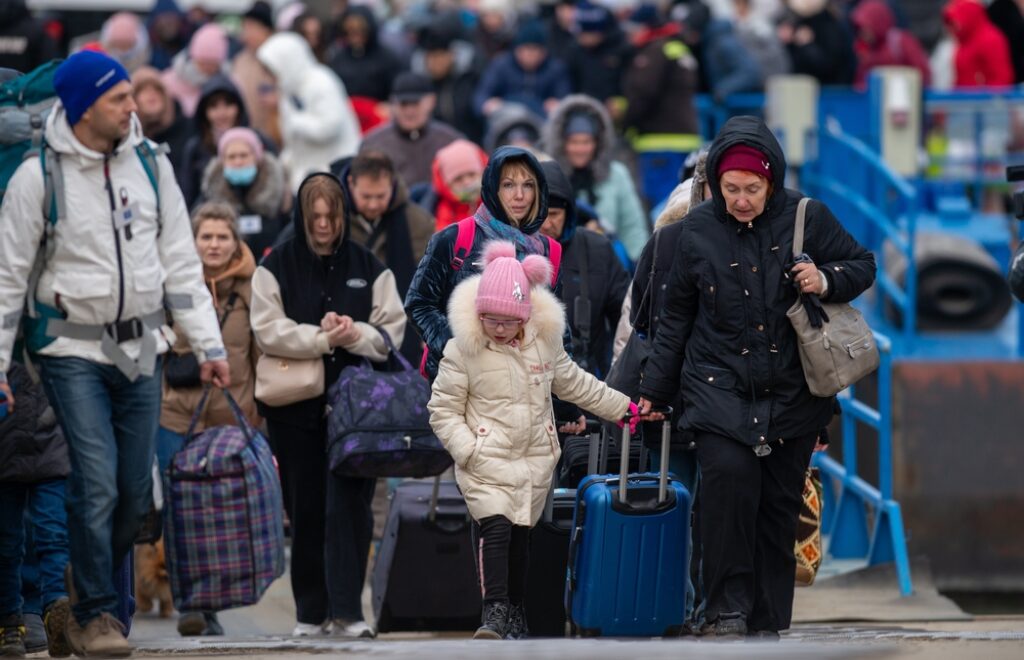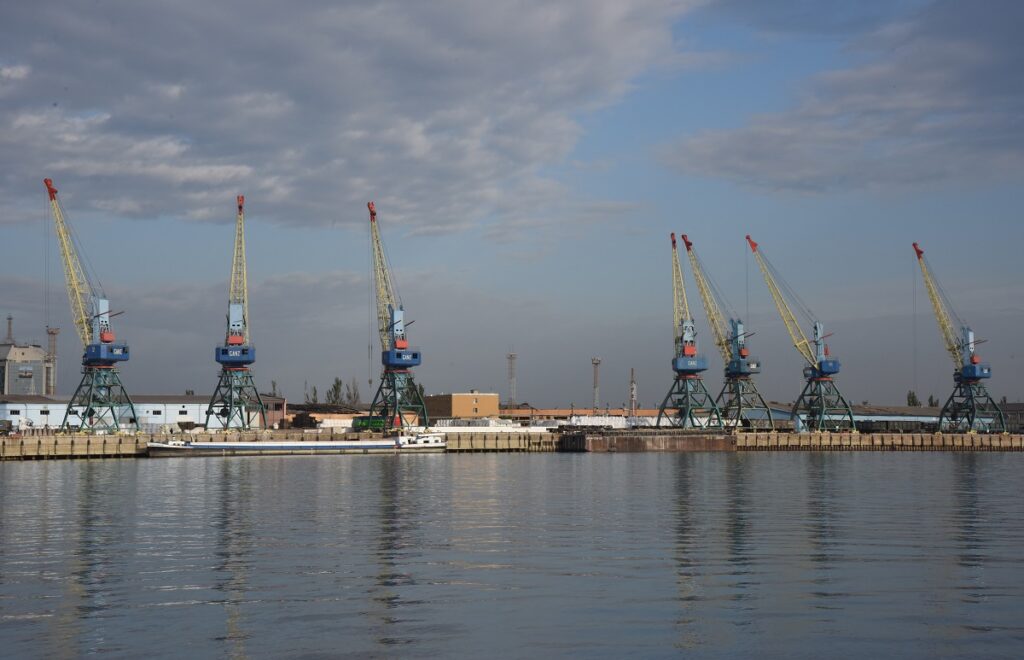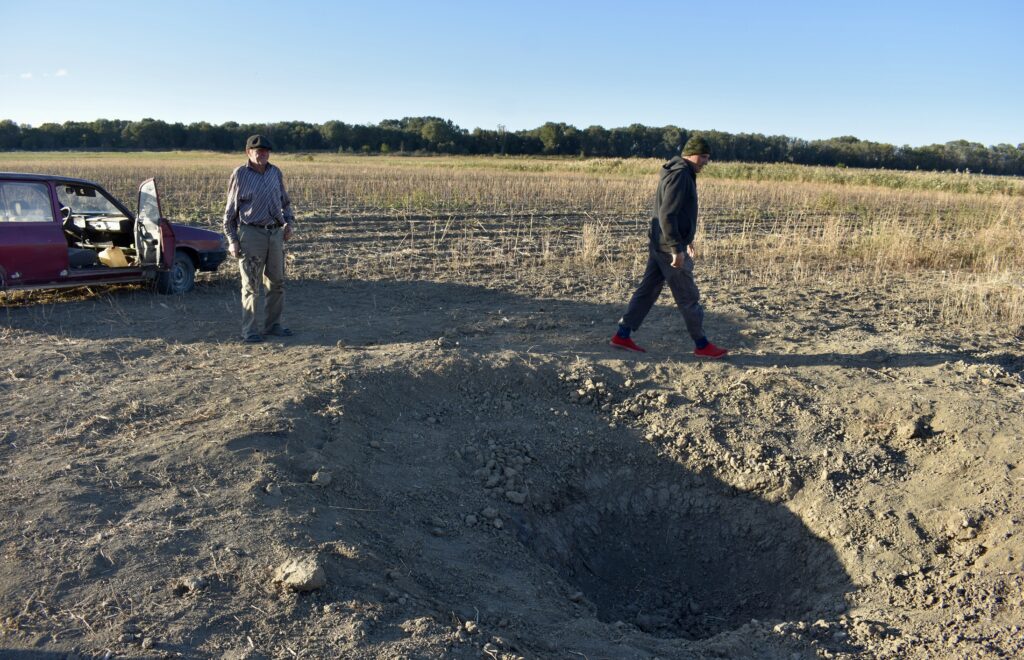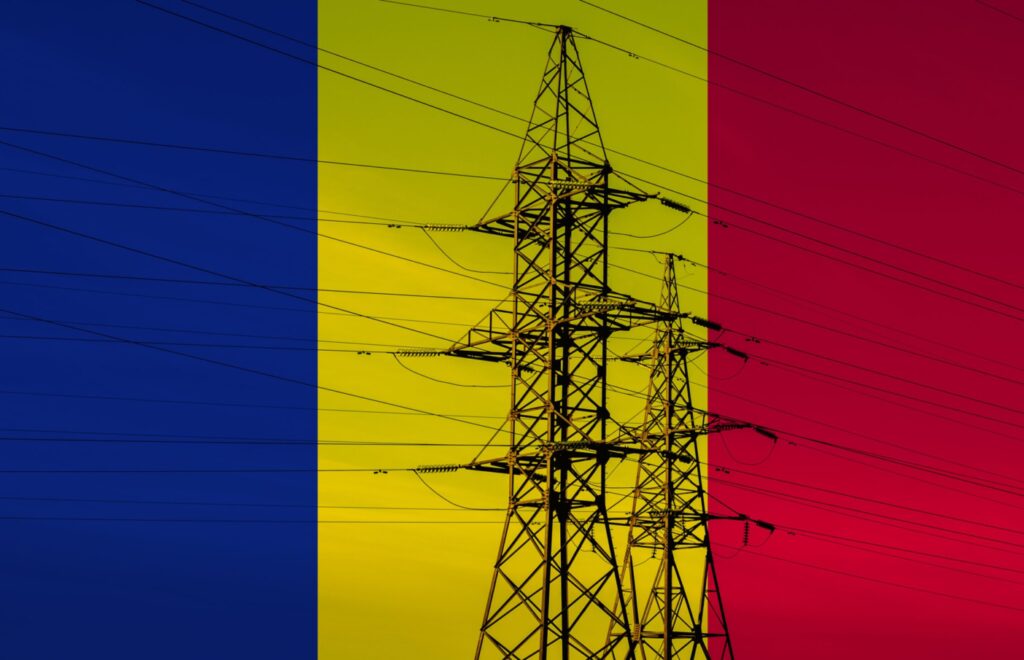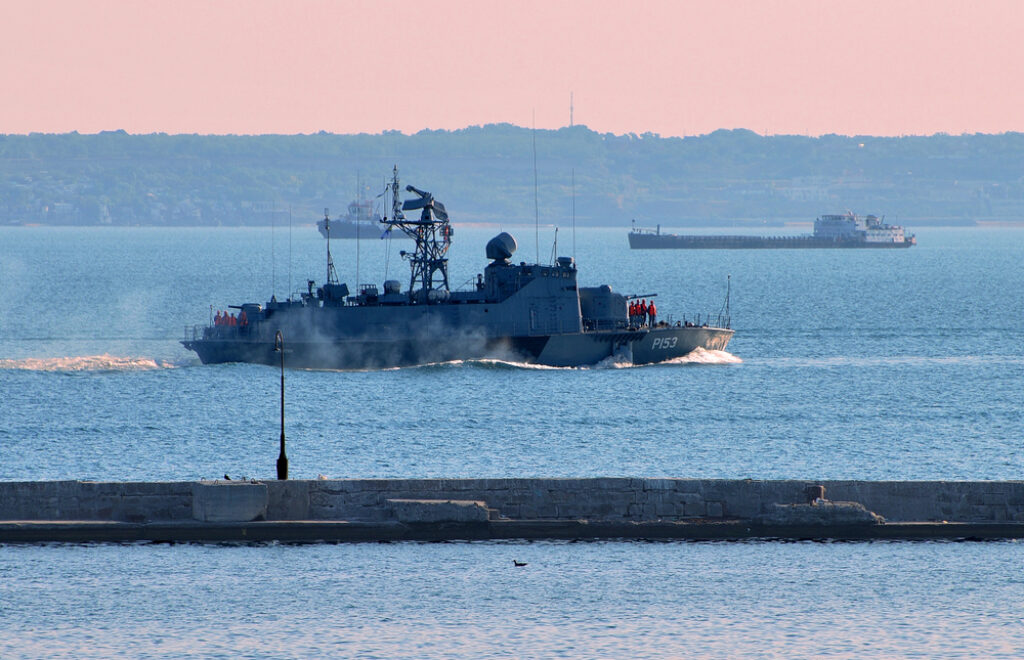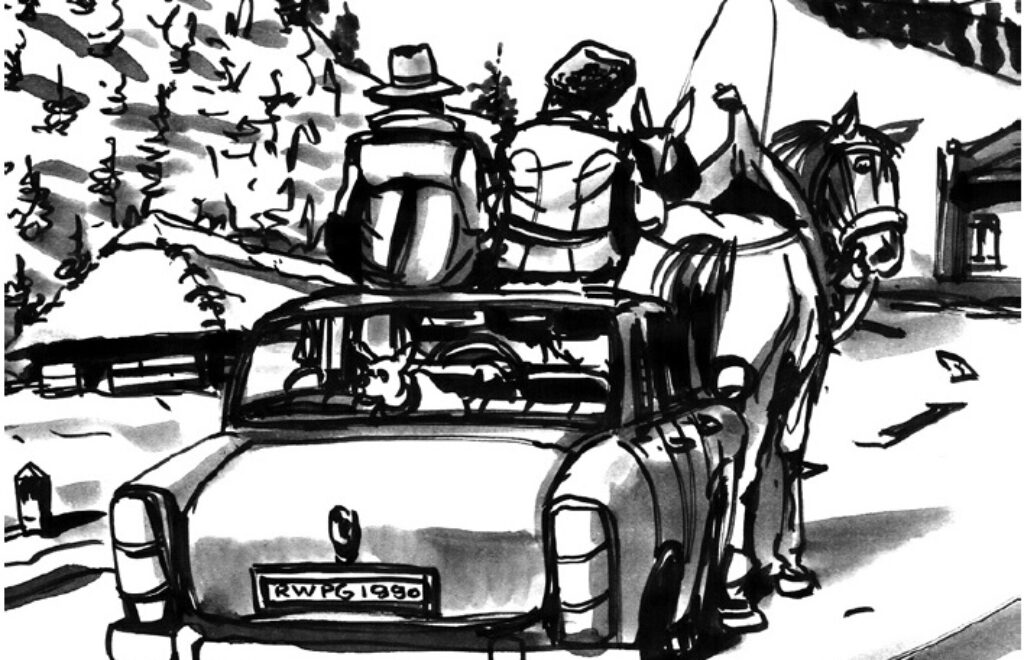Following Russia’s invasion of Ukraine in February 2022, a large portion of Ukraine’s Roma population escaped as refugees alongside their fellow Ukrainians. However, they were not always met with open arms and many faced additional challenges and discrimination.
In the face of Russia’s war on Ukraine, the subsequent hardships of Ukraine’s Roma population, both as refugees and internally displaced people, has drawn the world’s attention to the double standards refugee host countries hold even in the face of danger and destruction. It is estimated that of the approximate 400,000 Roma living in Ukraine (this rough figure is due to migration and lack of Roma documentation), 25 per cent have fled since the beginning of Russia’s February 2022 invasion. Yet, unlike non-Roma Ukrainians, who have generally felt welcomed when seeking refuge in Ukraine’s neighbouring Eastern European countries, Roma Ukrainians have oftentimes faced prejudice and distrust. This is similar to that which they face in their homeland.
November 19, 2023 -
Madeleine Cuckson


